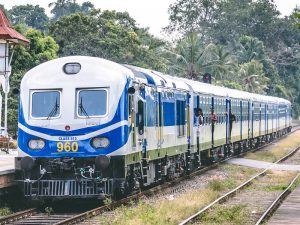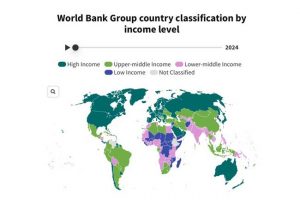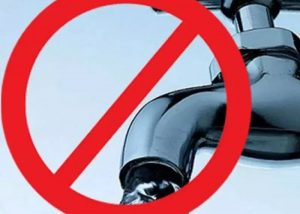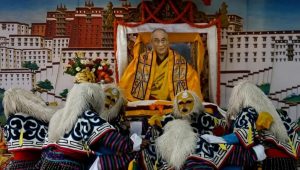Sri Lanka sees at least 2-pct economic growth in the New Year
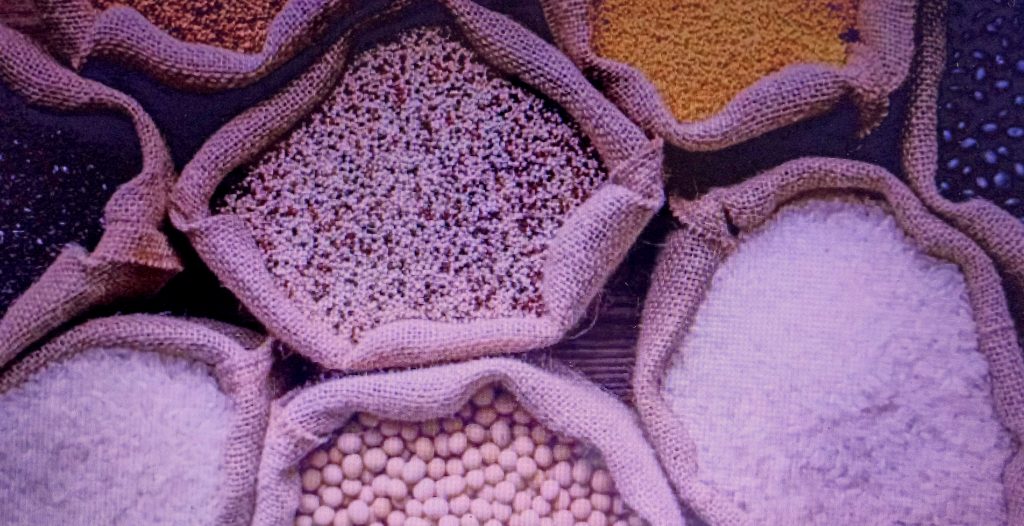
“For the first time, in three years after contractions in the previous two years, Sri Lanka’s economy is expected to record growth in 2024, ” said State Finance Minister Shehan Semasinghe. Also, Sri Lanka State announced that 43 items including medicine, food, and education are exempt from VAT.
” The economy recovered last year, but still estimated to have recorded a contraction of around 3 percent from a 7.8 percent contraction in 2022.”
However, he said that the economy has shown signs of expansion from the third quarter of last year due to gradual rise in economic activities under a lower interest rate and single-digit inflationary regime.
“We expect an economic growth of 2 percent or more this year,” Minister Semasinghe told reporters in Colombo at a media briefing.
“There is a positive sign on the economic growth from the 2023 third quarter and the fourth quarter is also estimated to have ended in a positive growth.”
Sri Lanka faced Its worst economic collapse in 2022 after it declared bankruptcy and sovereign debt default.
Since then, the government entered into a $3 billion deal with the International Monetary Fund (IMF), and implemented tight monetary and fiscal policies to boost the state revenue and reduce inflation.
“It is a positive message to the country’s future in the backdrop of a collapsed economy,” the minister said, referring to the economic expansion in the second half of 2022.
Meanwhile, Sri Lanka State announced that 43 items including medicine, food, and education exempt from VAT.
Sri Lanka has continued to exempt 43 items from value-added taxes that impact low-income households, the Finance Ministry said in a statement.
The items included education, medicines, health services (excluding hospital room charges), some essential foods, and grains.
However, some essential foods and grains are subject to a special commodity levy (SCL) which is low for some foods and high for others, mainly to make the products more expensive than the global prices and give high profits to farmers and some dairy producers.
Sri Lanka also controls the import of maize with both taxes and licenses, pushing up the price of poultry, eggs, and milk products.
Among the exempt items were, Wheat and wheat flour, Infant milk powder, Medicines, medicinal products (except perfumes), medicinal raw materials, Unani, homeopathy or Ayurveda raw materials, Crude oil, kerosene, aviation fuel, bunkers
Artificial limbs, wheelchairs, equipment for the disabled, equipment used by blind persons, braille equipment, braille typewriters, and items that can be exempted by the Minister on request by disabled
Organic fertilizer, artemia eggs, and Agricultural seeds, plants, prawn feed, shrimp feed, except for chicken feed, other animal feed, and Thread for the textile industry, and Dye for handlooms.
END.


